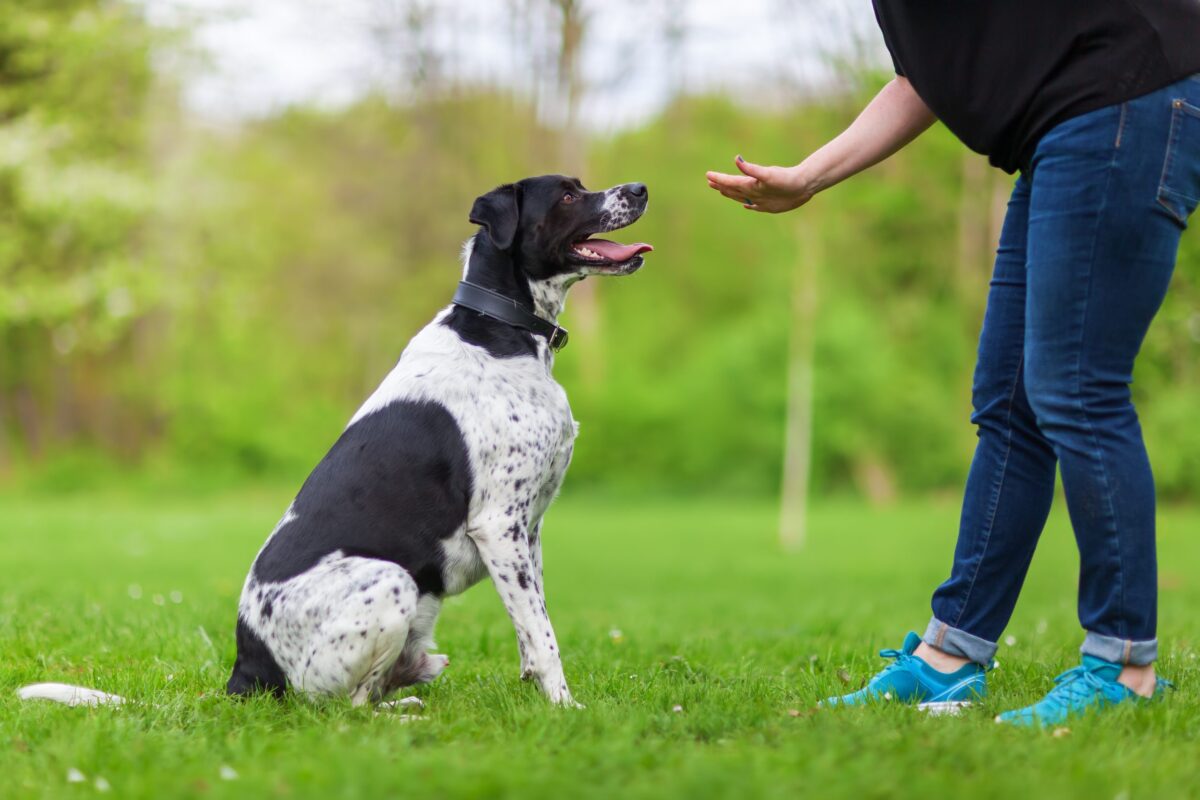 Shutterstock
Shutterstock
Ever notice how certain words light up your dog’s eyes while others barely get a response? For many dog owners, words like “walk,” “treat,” or “dinner” instantly capture their dog’s attention, sparking excitement and sometimes a full-on tail-wagging frenzy. But what is it about these specific words that trigger such a reaction? Dogs process language differently from humans, focusing on tone, context, and repetition to understand what we’re saying. Beyond simple association, dogs connect certain words to their routines, favorite activities, and rewards.
Words Are Linked to Rewards
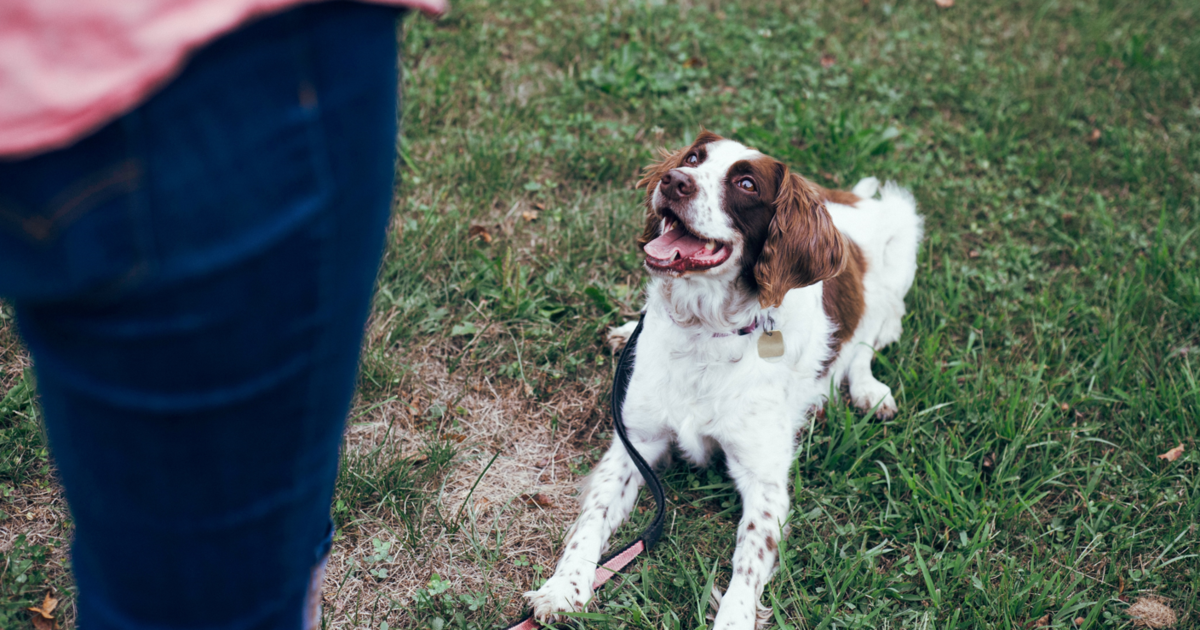 Shutterstock
Shutterstock
One of the most obvious reasons certain words excite dogs is their association with rewards. Words like “treat,” “dinner,” or “chew” are directly linked to the pleasures of eating, so dogs quickly learn to respond with enthusiasm. Just like humans associate words with enjoyable experiences, dogs also form a connection between a specific sound and a reward. When they hear a familiar word, they expect something positive to happen, such as receiving a tasty treat or their favorite chew toy. This reward-based excitement is a primary reason dogs perk up at certain words and phrases, anticipating the joy that’s about to come.
Dogs Respond to Tone and Enthusiasm
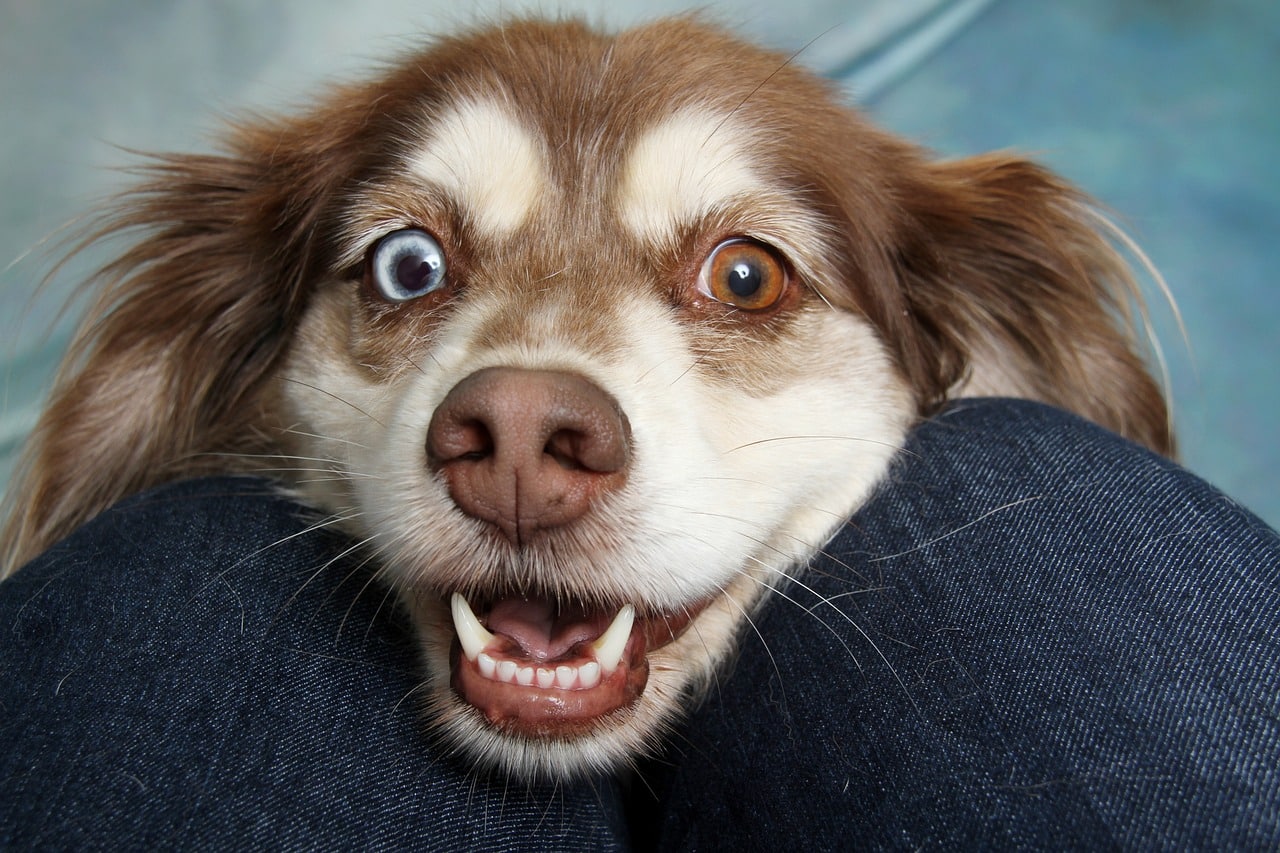 Shutterstock
Shutterstock
Dogs are incredibly sensitive to the tone of our voices, sometimes more so than to the actual words we use. If you say, “Do you want a treat?” with excitement in your voice, your dog may get just as excited as if you had said “treat” alone. The upbeat tone reinforces their excitement as dogs pick up on our emotional cues and mirror them. Dogs can even detect subtle changes in our pitch and intonation, so they know when something exciting or positive is coming. This sensitivity to tone makes words with positive energy, like “walk” or “play,” much more thrilling.
Certain Words Signal Physical Activity
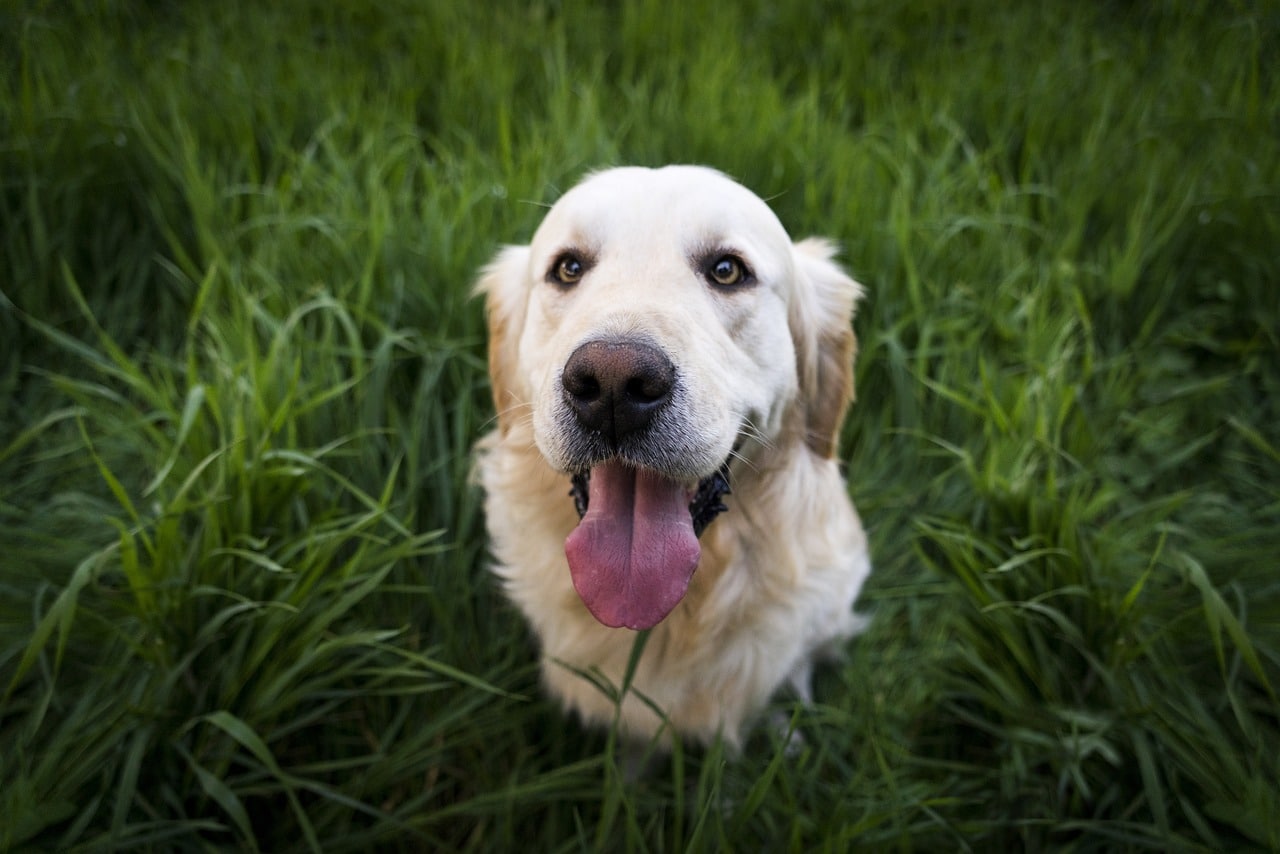 Shutterstock
Shutterstock
Dogs love activity, so words related to play and exercise naturally spark excitement. Words like “walk,” “run,” or “fetch” signify movement, adventure, and often the outdoors, which dogs instinctively crave. Physical activities like walking or playing fetch stimulate their natural need to explore, exercise, and socialize, which is why words linked to these activities elicit such a strong response. Dogs don’t just hear the word “walk”; they picture the entire experience, from the leash to the fresh air and all the exciting smells waiting for them outside.
Words Are Associated with Routine and Structure
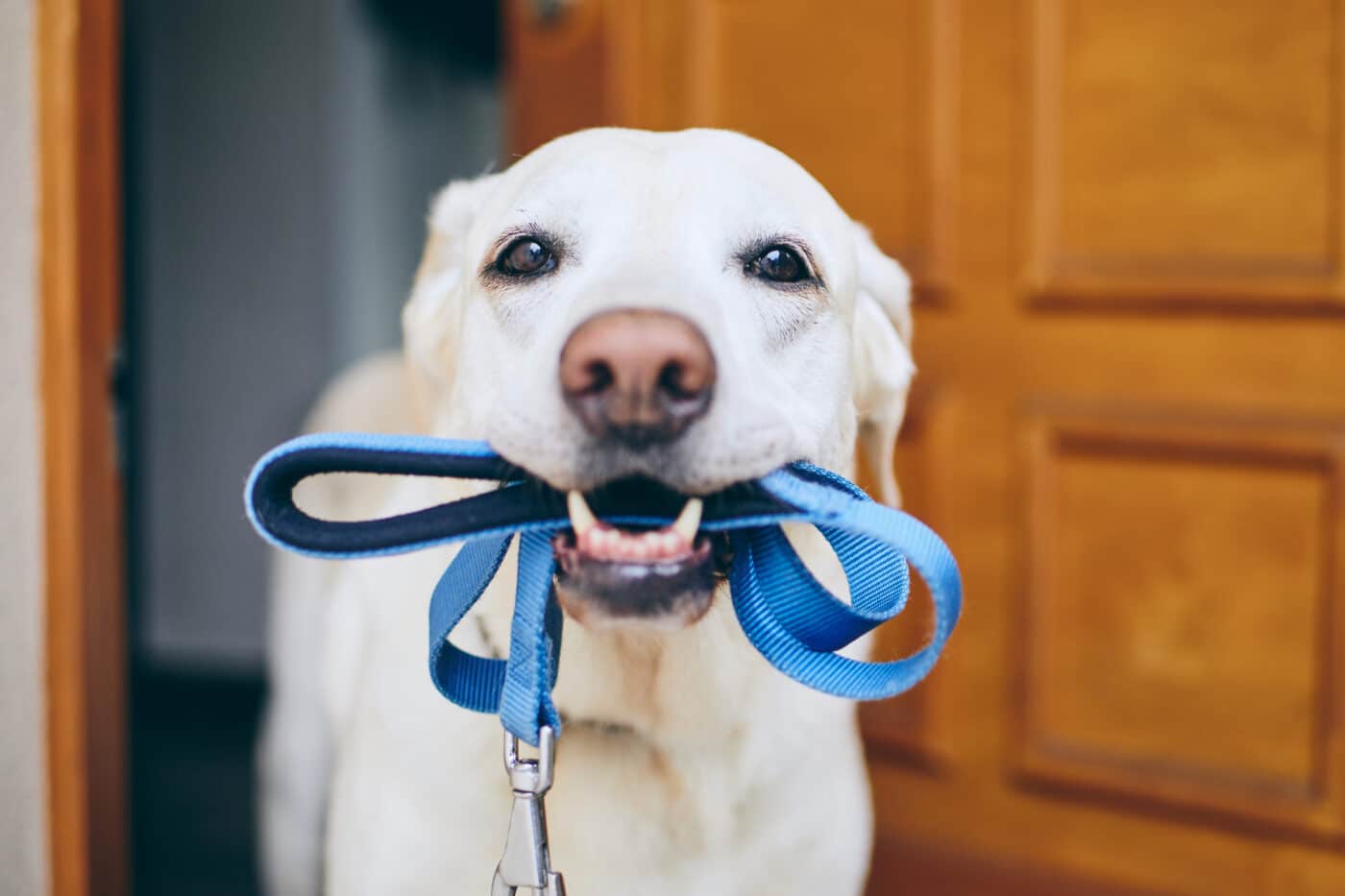 Shutterstock
Shutterstock
Dogs are creatures of habit and find comfort in routine, so they respond well to words that signal familiar parts of their day. For instance, words like “bedtime,” “outside,” or “dinner” are part of a structured routine, which provides them with a sense of security. Dogs learn the sequence of daily events and the words associated with them, leading to an anticipation of what’s coming next. This connection between words and routine makes certain phrases stand out, as dogs rely on these cues to understand what they should expect, bringing both excitement and reassurance.
Repetition Reinforces Positive Association
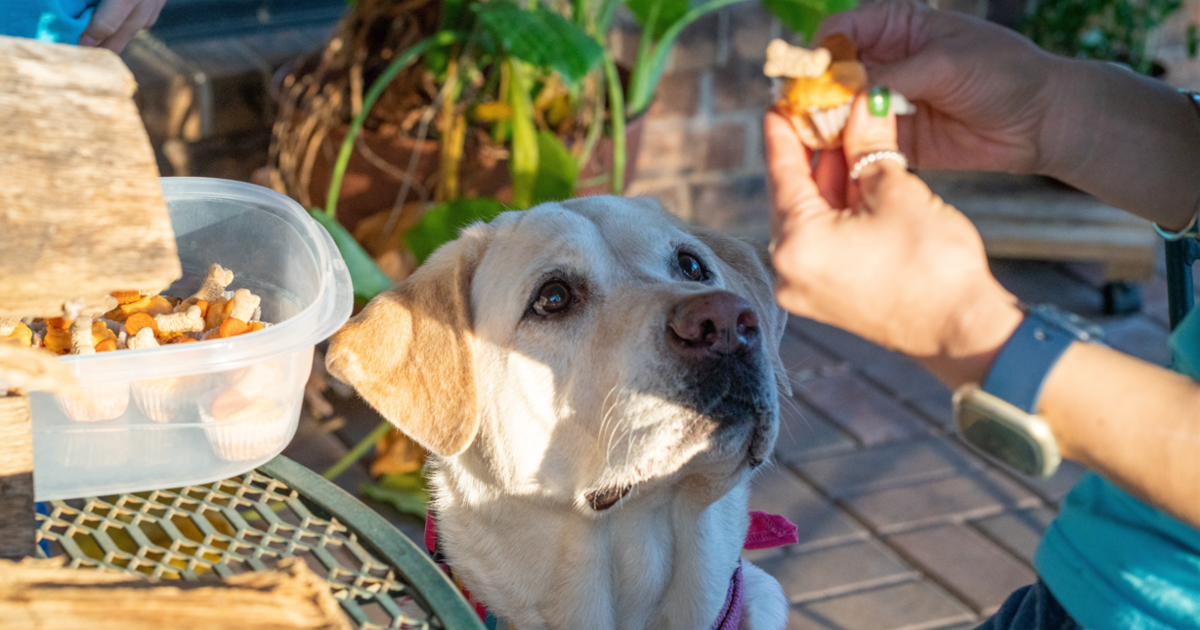 Shutterstock
Shutterstock
Repetition is one of the most effective ways dogs learn words, and frequent repetition strengthens their association with those words. If you use “treat” every time you give your dog a snack, they quickly learn that the word means something delicious is coming. Over time, repeated words create strong associations, leading to an automatic response whenever they hear them. This consistent reinforcement is why dogs become so excited when they hear certain words. The more often a word is used in a rewarding context, the more deeply it becomes ingrained in their minds as a cue for something good.
Words Trigger Mental Stimulation and Problem-Solving
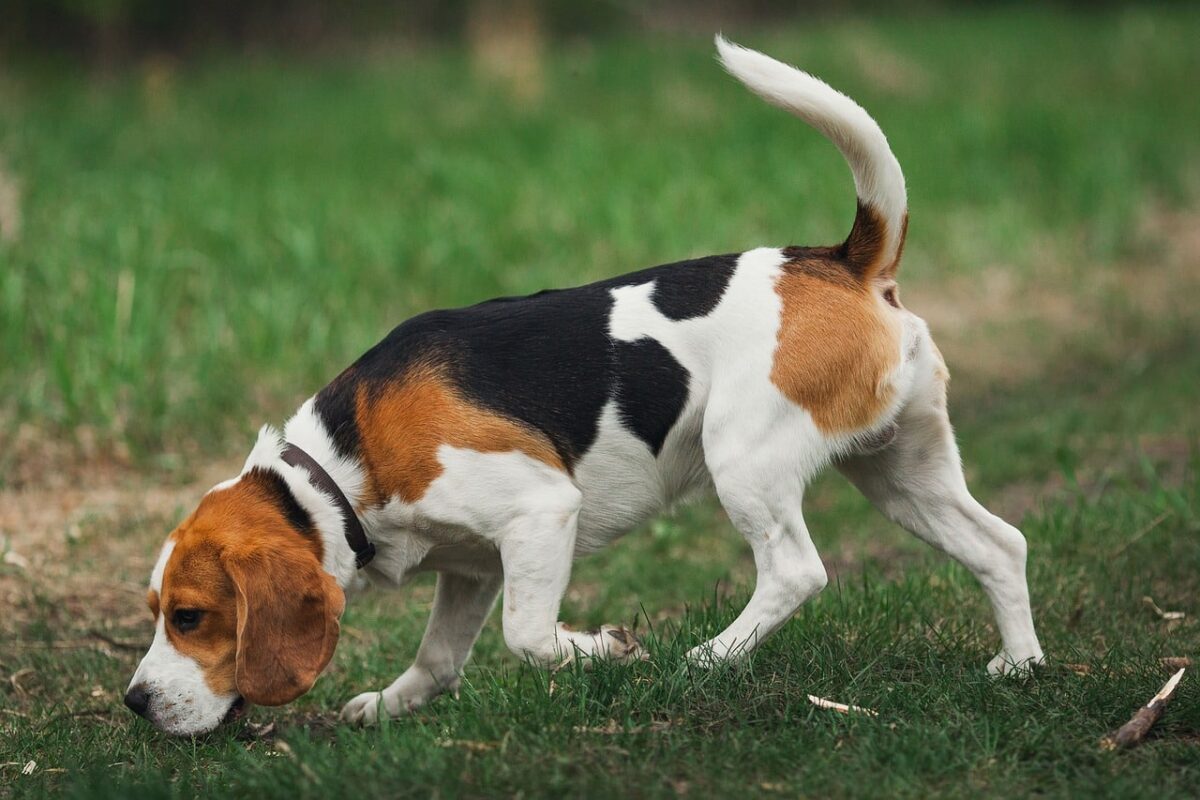 Shutterstock
Shutterstock
Certain words signal problem-solving or games that engage a dog’s mind, making them particularly exciting. Words like “find,” “search,” or “toy” prompt a dog to seek out or locate something, engaging their natural curiosity and sense of smell. Mental stimulation is vital for dogs, as it keeps them sharp and entertained, so words associated with problem-solving activities are especially thrilling. When you ask your dog to “find the toy,” they aren’t just responding to the word—they’re preparing for a mentally stimulating task. This excitement for mental challenges explains why some words bring out their playful, curious side.
Dogs Understand Context Around Certain Words
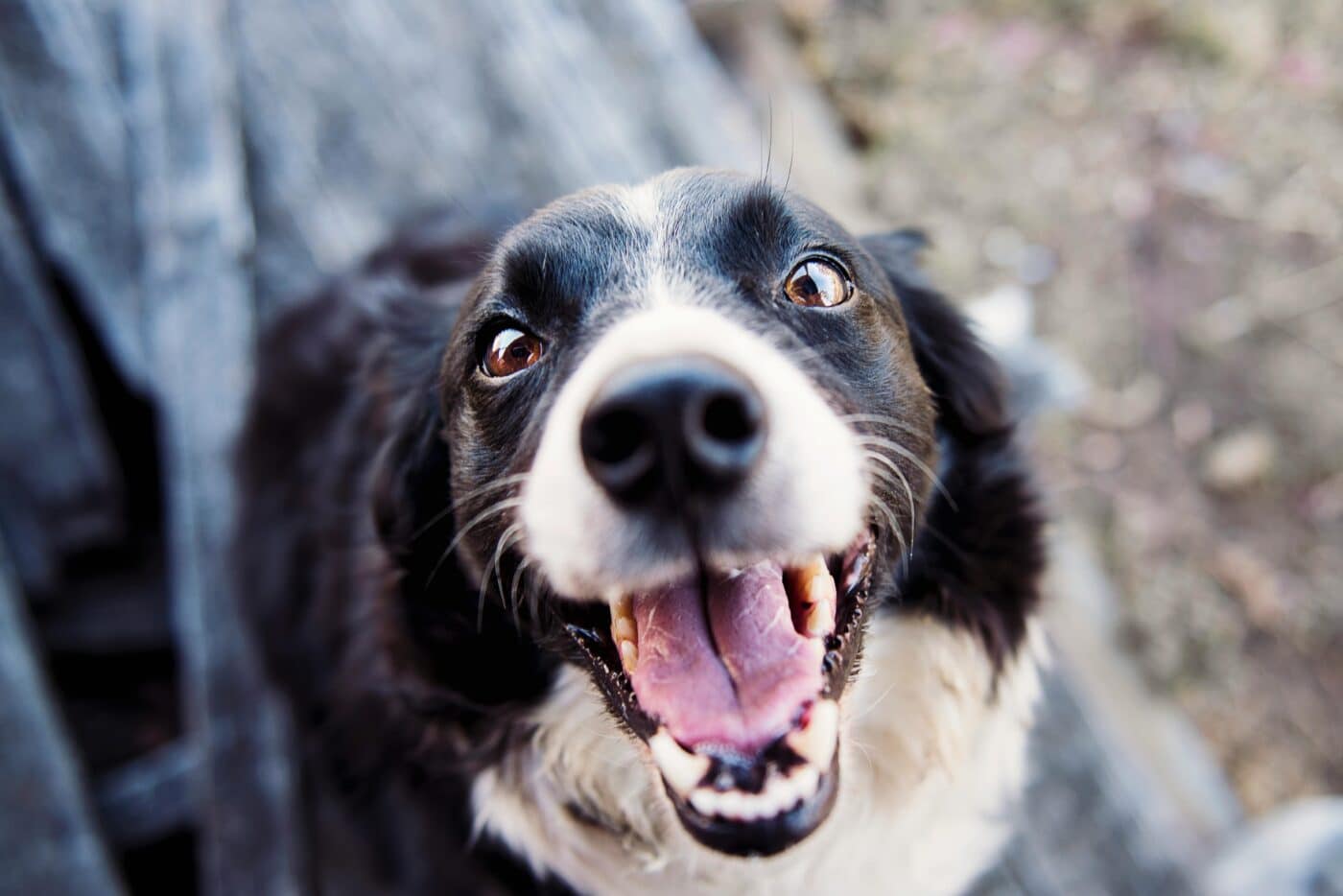 Shutterstock
Shutterstock
Dogs are incredibly observant and can understand context in addition to individual words. For example, a dog may not only respond to the word “car” but also recognize it as part of a larger context, like going to the park or visiting the vet. If “car” is often followed by trips to the park, the word becomes a signal for a positive experience, making it more exciting. However, if “car” is typically associated with vet visits, their response may vary. This ability to interpret context allows dogs to react to words based on the situation, adding another layer to their language comprehension.
The Tail-End of Understanding Dog Vocabulary
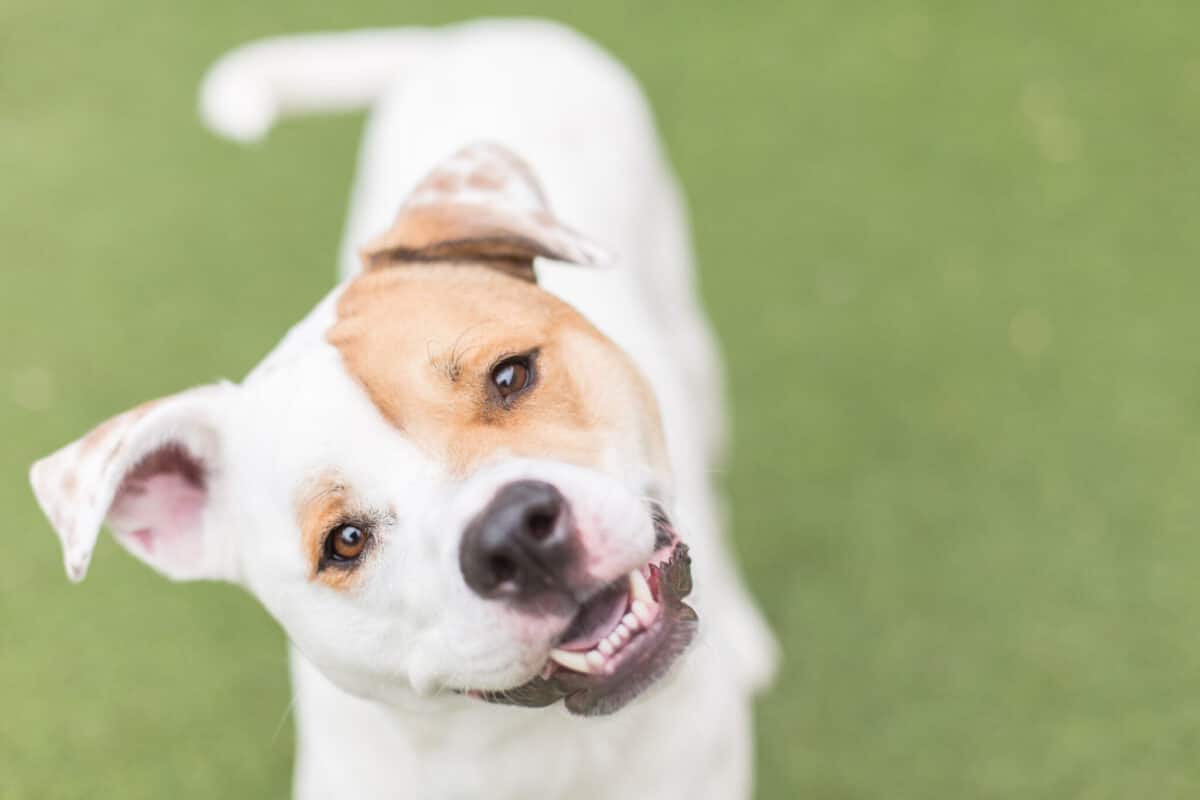 Shutterstock
Shutterstock
Dogs reveal that words are more than simple sounds; they’re gateways to exciting adventures, comforting routines, and joyful rewards. Each time you say “walk” or “treat” and watch that tail start to wag, remember that your dog isn’t just hearing a familiar sound—they’re feeling the anticipation of a shared experience filled with happiness and connection. These words carry meaning, bringing joy to both you and your furry friend and strengthening the unique bond you share with every wag and smile.
 Toledo, United States.
Toledo, United States.